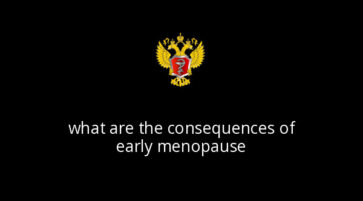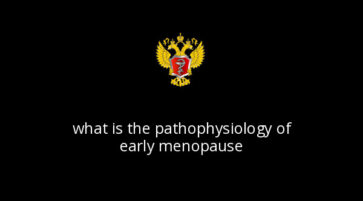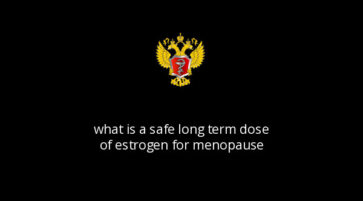
Aybintio (abaloparatide)
Aybintio is a prescription medicine used to treat osteoporosis in postmenopausal women at high risk…

Estrogen deficiency during menopause can contribute to alterations in cellular metabolism, fat distribution, and body composition, predisposing women to stress-based diabetic obesity and associated metabolic complications. Understanding the complex interplay between hormonal, metabolic, and psychosocial factors is essential for addressing the unique challenges faced by women during the menopausal transition and optimizing metabolic health and well-being… Read More »

By exploring the intricate interplay between hormonal, neuroendocrine, metabolic, and genetic factors underlying menopause and its associated conditions, we can gain deeper insights into the complexities of women’s health and develop more personalized and targeted approaches to prevention, management, and treatment… Read More »

Estrogen exerts pleiotropic effects on osteoblasts through direct and indirect mechanisms, ultimately promoting bone formation and maintenance. Dysfunction or deficiency of estrogen can lead to impaired osteoblast function, contributing to conditions such as osteoporosis and increased fracture risk… Read More »

The interplay between menopause, estrogen, and stress underscores the importance of holistic approaches to menopausal health that consider the complex interactions between hormonal, physiological, and psychological factors. By addressing stress-related concerns and supporting emotional well-being, women can navigate the menopausal transition with greater resilience and maintain optimal health and quality of life… Read More »

The lowest effective dose of estrogen for menopause is typically around 0.3 mg of oral conjugated estrogens or 0.5 mcg of transdermal estradiol. Higher doses of estrogen may be prescribed depending on the severity of symptoms and individual response to treatment. However, doses exceeding 1-2 mg of oral conjugated estrogens or 100-200 mcg of transdermal estradiol are less commonly used due to increased risks of adverse effects…. Read More »

Aybintio is a prescription medicine used to treat osteoporosis in postmenopausal women at high risk…

Paxlovid is a combination drug containing two antiviral agents, nirmatrelvir and ritonavir. It is used…

Xcopri is an anticonvulsant medication used to treat partial-onset seizures in adults. In the clinical…

Vaccination is a critical public health intervention that helps prevent the spread of infectious diseases…

Maintaining optimal health requires more than just a balanced diet; it demands a precise understanding…

The link between ALS and environmental exposures has been an area of active investigation, with researchers…

Quercetin is a flavonoid and phytochemical found in many fruits, vegetables, and herbs. It is a potent…

Quercetin-rich foods and supplementation offer potential health benefits for various population groups.…
Diet Type: low-fat
Daily Calories: 1500 cal
Carbs: 80 grams g carbs
Proteins: 240 grams g protein
Fats: 20 grams g fat
Diet Type: low-fat
Daily Calories: 1200 cal
Carbs: 60 grams g carbs
Proteins: 200 grams g protein
Fats: 20 grams g fat
Diet Type: low-carb
Daily Calories: 1200 cal
Carbs: 60 grams g carbs
Proteins: 120 grams g protein
Fats: 20 grams g fat
Diet Type: keto
Daily Calories: 1500 cal
Carbs: 100 grams g carbs
Proteins: 200 grams g protein
Fats: 20 grams g fat
Diet Type: paleo
Daily Calories: 1800 cal
Carbs: 100 grams g carbs
Proteins: 100 grams g protein
Fats: 35 grams g fat
Diet Type: dairy-free
Daily Calories: 1500 cal
Carbs: 80 grams g carbs
Proteins: 200 grams g protein
Fats: 20 grams g fat
Diet Type: gluten-free
Daily Calories: 1500 cal
Carbs: 66 grams g carbs
Proteins: 100 grams g protein
Fats: 20 grams g fat
Diet Type: pescatarian
Daily Calories: 1200 cal
Carbs: 60 grams g carbs
Proteins: 90 grams g protein
Fats: 25 grams g fat
Diet Type: vegetarian
Daily Calories: 1500 cal
Carbs: 50 grams g carbs
Proteins: 80 grams g protein
Fats: 30 grams g fat
Diet Type: vegan
Daily Calories: 220 cal
Carbs: 40 grams g carbs
Proteins: 20 grams g protein
Fats: 10 grams g fat
Increase your conversion rate!

